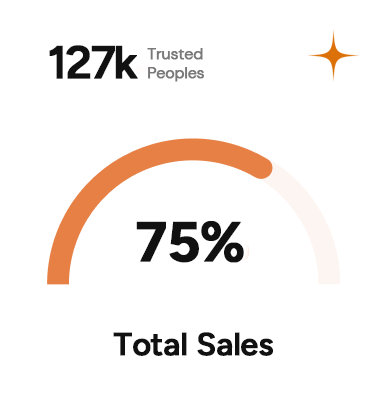Our Services Building
Your Digital Future


Web Design and Development


E-commerce Solutions


Marketing and Advertising


Search Engine Optimization

Your Partner in Digital Success
At Malaysia Marketing, we specialize in creating stunning, functional, and user-friendly websites that reflect your brand identity and meet your business objectives.
Our team of experienced designers and developers work closely with you to understand your needs and deliver a website that not only looks great but also performs exceptionally well.
- Tailored Solutions
- Proven Expertise
- Results-Driven
- Local & Global Reach
Achieve Top Rankings with Cutting-Edge SEO Services!

Content Marketing

SEO Optimization

Analytics & Report

Brand Strategy

Influencer Marketing

Where Expertise Meets Exceptional Results
Where expertise drives innovation and passion fuels performance. We bring deep knowledge and unparalleled dedication to every project, delivering exceptional results that expectations.

Proven Track Record

Transparency & Communication

Cutting-Edge Tools & Techniques

Dedicated Support & Expertise

Results-Oriented Culture



Strategic Marketing Tailored for Time and Your Growth
Time is valuable, and growth is essential. That's why our strategic marketing approach is crafted to fit your unique needs, allowing you to focus on what truly matters while we handle the rest. We understand that every business is different drive measurable results.
- Research to understand your business, competitors, and target audience
- Unique strategy tailored to your specific business goals and industry
- Track performance and continuously optimize campaigns

Stay Ahead of the Competition Smart Digital Marketing
Social Media Integration Expand your brand’s reach through strategic social media marketing
Maximizing Results with Strategies Services
Efficient Marketing for Real Business Growth
Smarter Marketing for Sustainable Growth
Efficiency Meets in Digital Marketing
Frequently Asked Questions
We have professional experts around world.
Measuring the success of your SEO campaigns is essential to understanding whether your efforts are paying off and where you can improve. Here are some key metrics
The cost of our SEO services varies depending on several factors, including the scope of the project, the level of competition in your industry, and the specific goals budget.
In addition to our expert SEO services, we offer a full suite of digital marketing solutions to help your business grow, connect with your audience, and achieve measurable
Choosing the right keywords is a crucial step in any successful SEO strategy. At our agency, we follow a data-driven, customer-focused approach to identify the keywords
Success Stories How Feedback Drives Our Results
4.7
We value your opinion: share your review with us
Michael Lee
- Project Manager
Michael Lee
- Project Manager
Michael Lee
- Project Manager
0%
Boost Rankings with Strategic Keywords
0k+
Keywords Driving Your Competition













